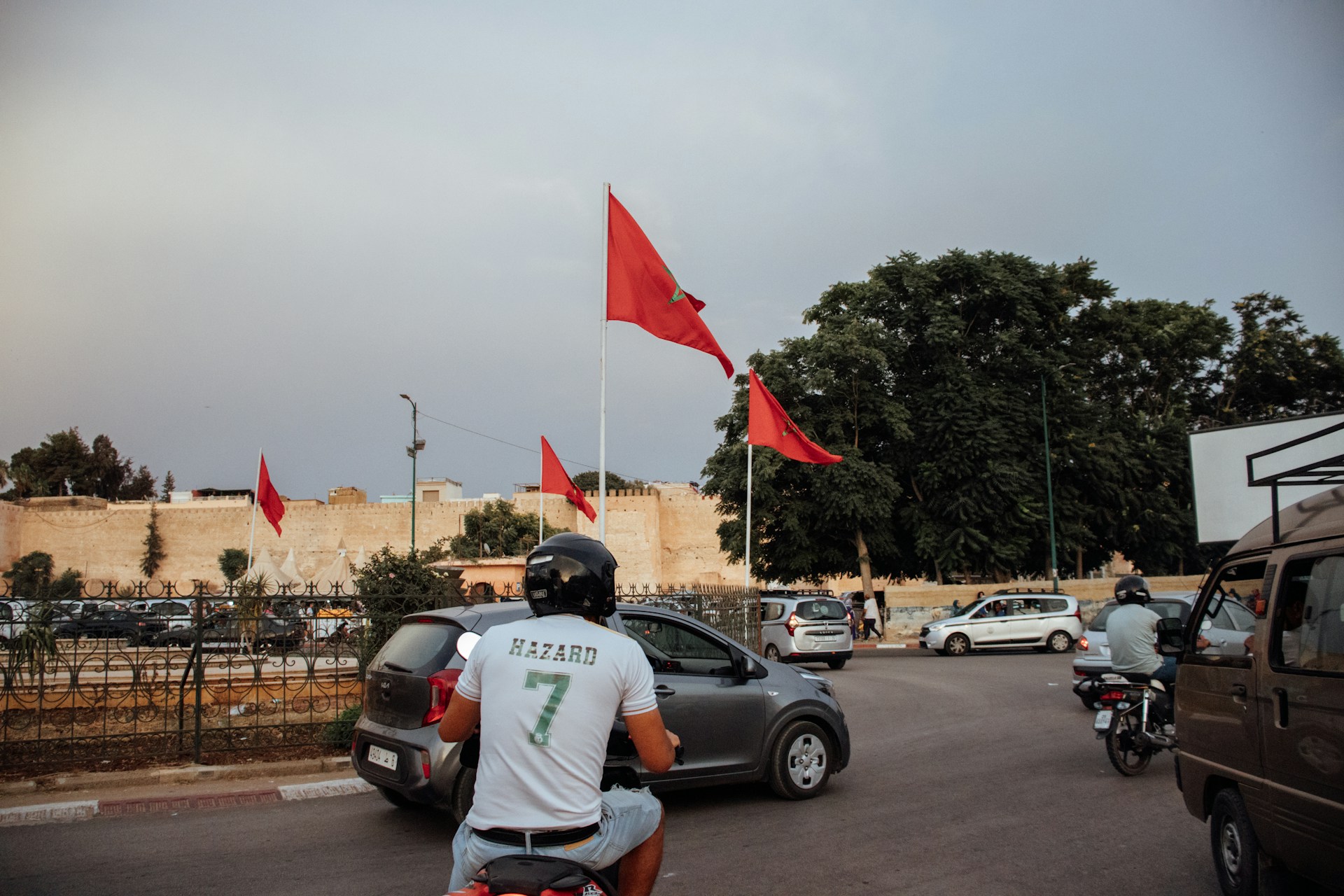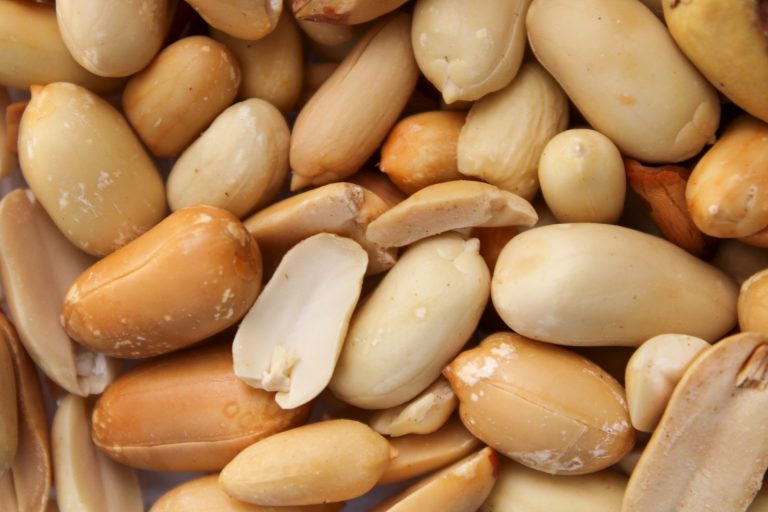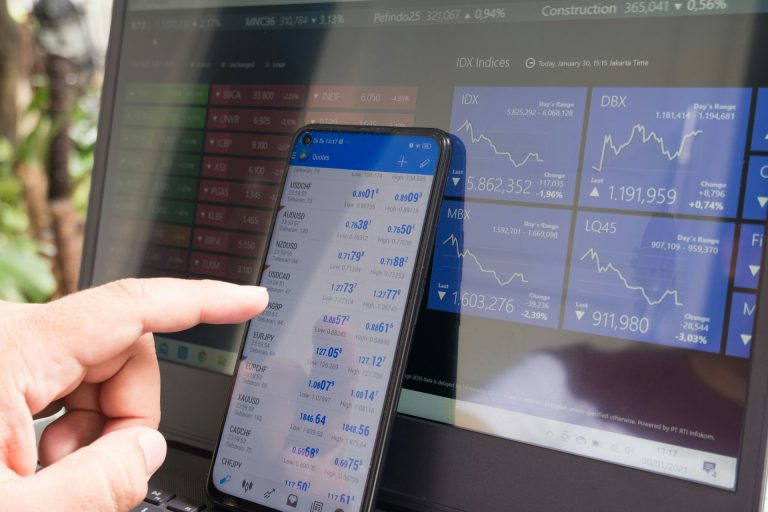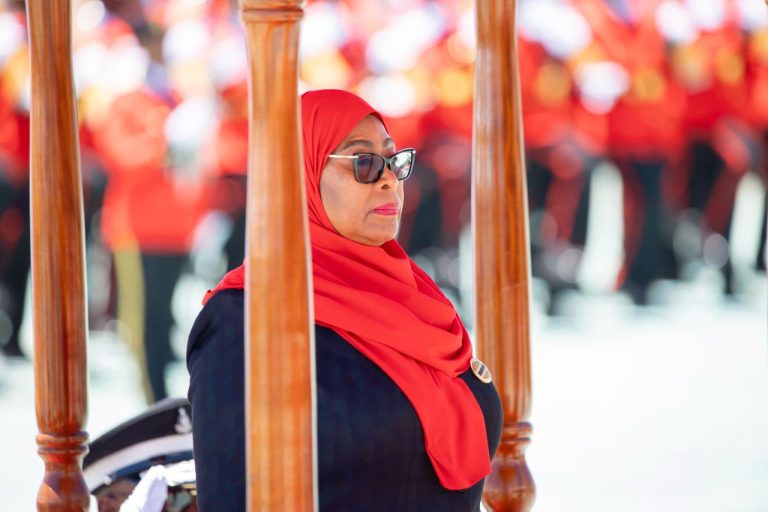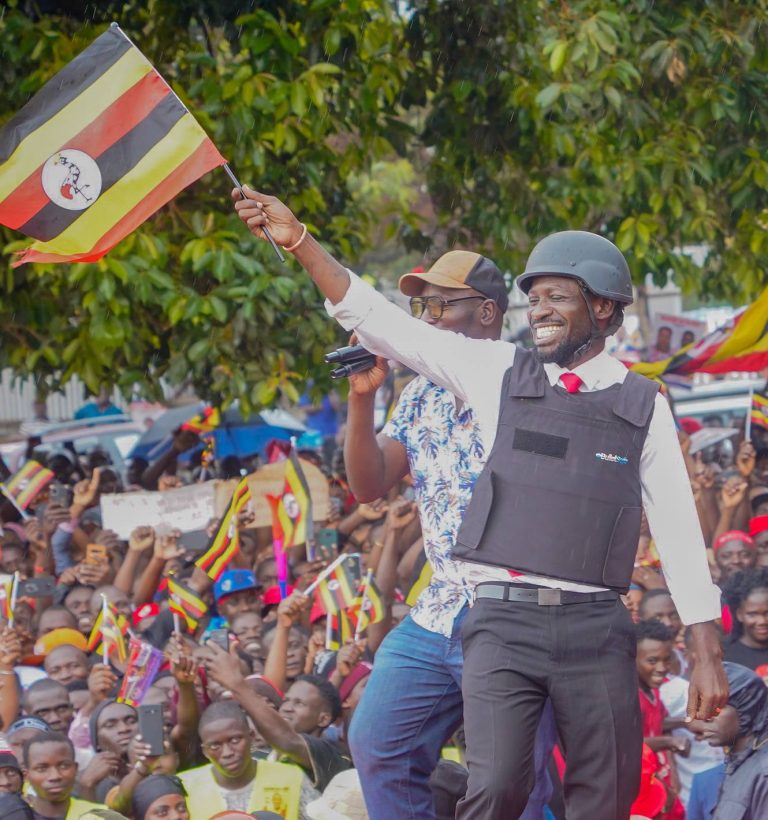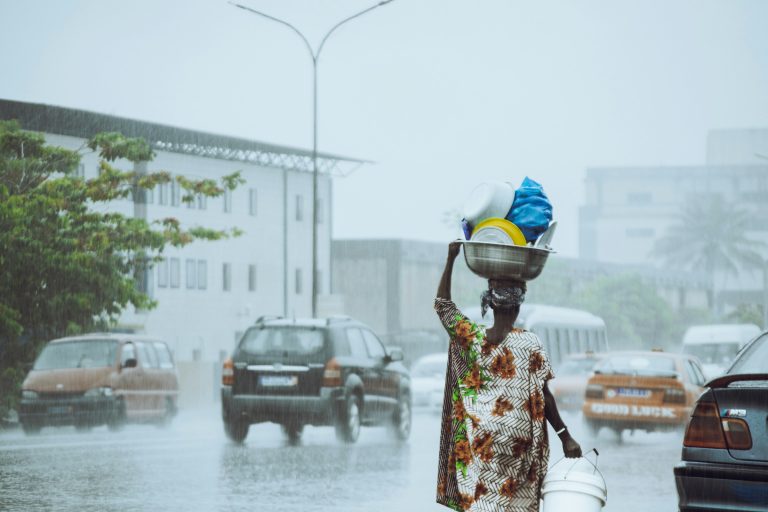- Morocco unveils record $15bn plan for healthcare and education
- Youth protests over cost of living pressure government to act
RABAT, MOROCCO – Morocco has unveiled $15bn plan for healthcare and education in 2026, a 16% rise from the previous year, as the government faces youth-led protests demanding relief from soaring living costs.
The government said the allocation – roughly a tenth of the country’s GDP – aims to restore public confidence and address growing frustration among young people.
“What we’ve heard from the youth protests is that they want a better education and health,” Economy and Finance Minister Nadia Fettah Alaoui said. “(We will) reallocate for short-term, quick wins, because people cannot wait for the reform to happen.”
The announcement followed a Ministerial Council chaired by King Mohammed VI to review the 2026 Finance Bill. Alaoui said the bill aligns with the “High Directives and Royal Instructions” outlined in the King’s speeches on Throne Day and at the opening of the legislative year.
Focus on jobs and infrastructure
Through the $15bn package, Morocco plans to create 27,000 new positions in health and education. The budget will fund major healthcare infrastructure projects, including two new University Hospital Centres in Agadir and Laayoune, the completion of the Ibn Sina Hospital in Rabat, and upgrades to facilities in Beni Mellal, Guelmim and Errachidia. Ninety hospitals across the country will be rehabilitated and modernised.
In the education sector, the plan targets expanded preschool access, improved teaching quality and better student support. “Attention will be given to very small, small, and medium-sized enterprises,” Alaoui said, adding that the bill seeks to promote balanced regional development, job creation and improved access to essential services.
A MAD 1bn programme will support 110,000 micro and small enterprises through rent assistance, accounting support, and professional equipment acquisition. The government hopes these efforts will complement social reforms while stimulating entrepreneurship and employment.
Balancing social priorities with investment
While prioritising healthcare and education, Morocco is also betting on investment-driven growth. The government will accelerate implementation of its Investment Charter, offering incentives to attract private capital and expand renewable energy projects.
To this end, the country has allocated one million hectares for green hydrogen development, with 300,000 hectares immediately available. The initiative has drawn over 40 proposals from domestic and international investors. In March, Rabat approved six green hydrogen projects worth $32.8bn from five companies, underscoring Morocco’s ambition to become a leading energy exporter to Europe.
The bill also earmarks MAD 41bn for expanding social protection, retirement coverage and unemployment benefits — up from MAD 39bn in 2025 — to cushion vulnerable households and sustain economic resilience.
